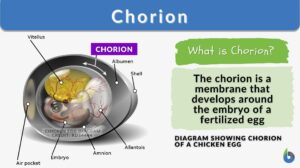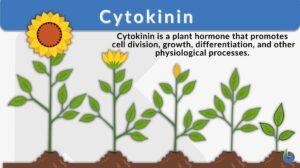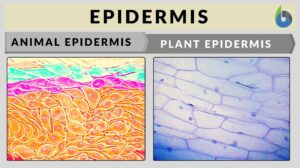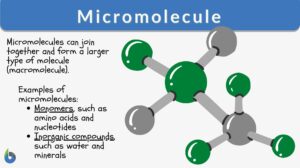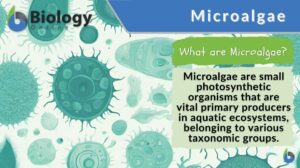Search Results for: supporting cell
Cell differentiation
Cells are often described as the building blocks of life as they are the smallest unit used to build up organisms. Cells can... Read More
Supporting cell
Definition noun, plural: supporting cells Any of the cells whose function is primarily to provide structural support in the... Read More
Plasma membrane
Do all cells have a plasma (or cell) membrane? Yes, all cells have a biological membrane that separates the protoplasm from... Read More
Nervous tissue
Nervous Tissue Definition Nerve cells (or neurons) and their associated cells, such as neuroglia cells, make up nervous... Read More
Fluid mosaic model
Fluid Mosaic Model Definition What is the fluid mosaic model? The fluid mosaic model is a three-dimensional representation... Read More
Neural Control Mechanisms
Nerve cells called neurons generate electric signals that pass from one end of the cell to another and release chemical... Read More
Bone matrix
Bone Matrix Definition Bone matrix refers to the matrix component of bone tissue. It provides the structural framework and... Read More
Nervous System
THE is the most complicated and highly organized of the various systems which make up the human body. It is the... Read More
Ground tissue
Definition noun, plural: ground tissues (botany) Any of the non-dermal, non-vascular tissue of vascular... Read More
Totipotent
Totipotent Definition What is totipotent? In general terms, totipotency is defined as the ability of a single cell to... Read More
Nucleosome
Nucleosome Definition Every organism is made of deoxyribonucleic acid, also known as DNA. DNA is made up of numerous... Read More
Equilibrium
Equilibrium Definition In Biology Equilibrium refers to the state of balance and stability. In biology, equilibrium is... Read More
Mitochondrial DNA
Mitochondrial DNA Definition noun plural: mitochondrial DNAs The genetic material in the mitochondrion that carries code... Read More
Micromolecule
Micromolecules Definition How to define micromolecule? Micromolecules are relatively small molecules that are combined... Read More
Filtration
Filtration Definition What is filtration? Filtration is separating a solid from a fluid through a porous material that... Read More
Hyaline cartilage
Hyaline Cartilage Definition Before we define hyaline cartilage, let us understand what cartilage is. What is cartilage? Is... Read More
Microalgae
Microalgae Definition Microalgae (singular: microalga) are microscopic algal species as opposed to other algae that are... Read More
Peritoneum
What is the Peritoneum? The term peritoneum refers to the serous membrane that constitutes the biologically active inner... Read More
Hypertrophy
Hypertrophy Definition Hypertrophy refers to the enlargement or increase in the size of an organ or tissue due to the... Read More
Null hypothesis
Null Hypothesis Definition Null hypothesis is defined as “the commonly accepted fact (such as the sky is blue) and... Read More
Chloroplast DNA
Definition noun plural: chloroplast DNAs DNA in the chloroplast that carries the code for proteins and RNAs essential to... Read More
Spongy bone
Spongy bone, also known as cancellous bone or trabecular bone, is a type of bone tissue found at the ends of long bones and... Read More
Reticular fiber
Definition noun, plural: reticular fibers A type of connective tissue fiber that is made up of type III collagen secreted by... Read More







